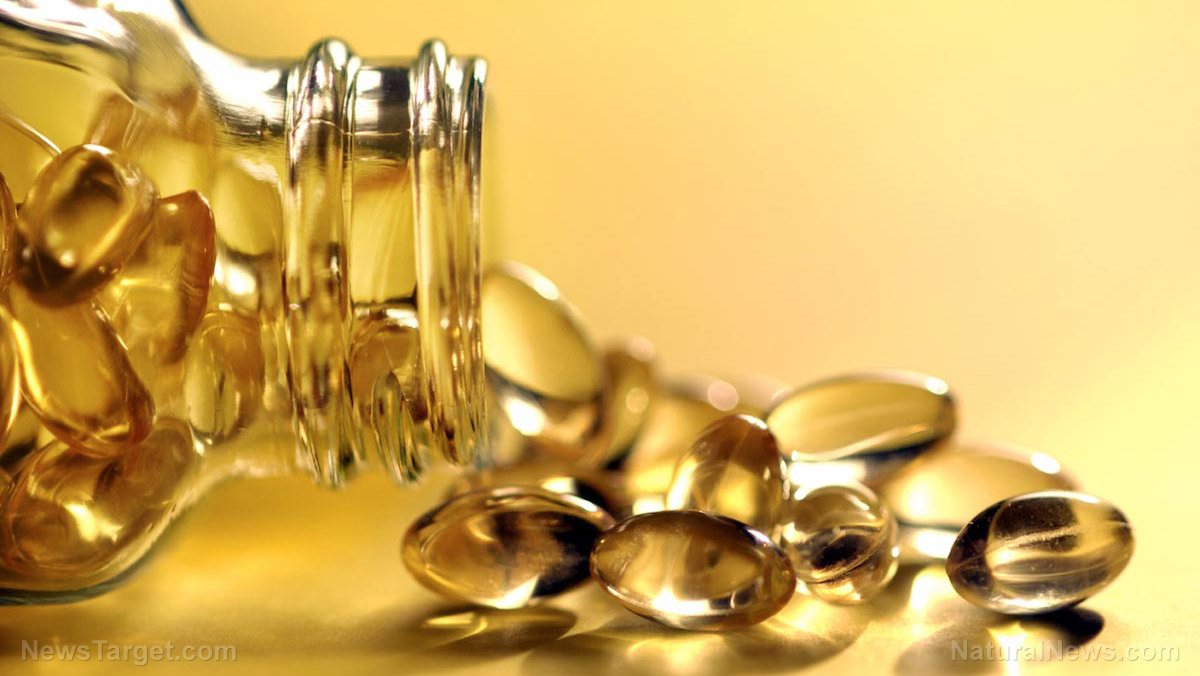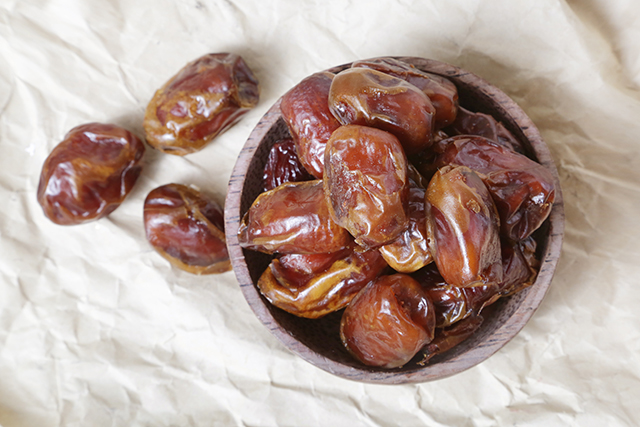Supplementing with omega-3s while pregnant reduces your child’s risk of inflammatory-related diseases
09/27/2018 / By Rhonda Johansson

Once that strip turns blue, your life changes forever. Women who find out that they are pregnant are all at once happy, surprised, shocked, and fearful. The need to raise a healthy child becomes the main focus of any expecting mom. But where do you begin?
Supplementing with omega-3s is a good start. A study published in the British Journal of Nutrition concluded that mothers who supplement with omega-3 fatty acids daily while pregnant give birth to children who are less likely to develop inflammatory-related diseases. The most astounding part is that these effects are seen even after the child reaches 12 years of age.
These results verify the “Developmental Origins of Health and Disease” (DOHaD) hypothesis proposed by David Barker which stated that chronic diseases have their origins in fetal development. It is necessary, argued Barker, that women take extra care of their lifestyle habits and nutrition practices during their pregnancy to ensure the health of their child later in life.
For the study, 98 pregnant women predisposed to allergic diseases were randomly grouped to receive either 3.7 g of omega-3 fatty acids daily or olive oil, which was used as the control, from 20 weeks of pregnancy until delivery. The blood of each child of the participating women was collected at birth and when the child was 12 years old.
Authors of the study found that relative to the control group, babies whose mothers supplemented with omega-3s had higher levels of specialized pro-resolving mediators (SPM), a family of molecules that resolves inflammation. SPM levels in the treatment group were remarkable, especially at birth. However, it was observed that these levels do eventually go down as the child develops. This suggests that children need to be taught proper eating habits at an early age to facilitate continued good health.
Nevertheless, prenatal omega-3 fatty acid supplementation is noted to give a child a healthier start in life. (Related: Prevent allergies before birth: Taking fish oil while pregnant found to reduce allergies in children.)
What to eat when expecting
Pregnant women need to follow a diet that ensures the health and wellness of their baby. As seen in this study, these food items can play a significant role in how well their children are able to avoid diseases as they grow older. An expecting mother should follow a varied, balanced, and nutritious diet. This eating plan should contain the following items, as much as possible:
- Fruits and vegetables — Try to eat at least five portions of fruits and vegetables per day. These can be taken as a juice, dried, frozen, or fresh. Consider fresh vegetable juices like carrot or wheatgrass for denser nutrition.
- Protein — If you are a vegetarian, you can still get your protein from other sources such as quinoa, tofu, and beans.
- Fats — Fats should not make up more than 30 percent of your diet. That said, you should still try to take some monounsaturated fats like olive oil.
- Fiber — Pregnant women are at a higher risk of constipation. You can minimize this risk by eating a lot of fiber such as whole grain foods, beans, and lentils.
- Zinc — This trace element plays a crucial role in normal growth and development. The best sources of zinc are sunflower seeds, ginger, onions, and tofu.
Remember that while you are eating for two, this is not an excuse to eat anything you want. Uncontrolled eating and weight gain not only place your health at risk but that of your child as well.
Learn more ways to take care of your baby at WomensHealth.news.
Sources include:
Tagged Under: child development, disease prevention, inflammation, natural remedies, nutrition, omega 3, omega-3 supplementation, pregnancy, prevention, research, women's health



















